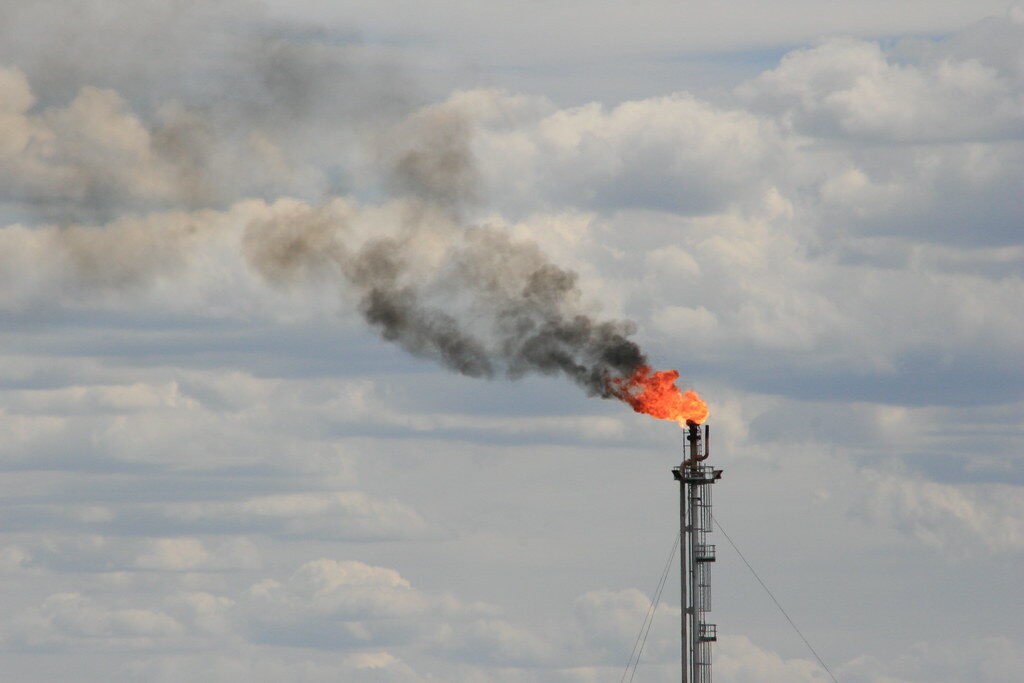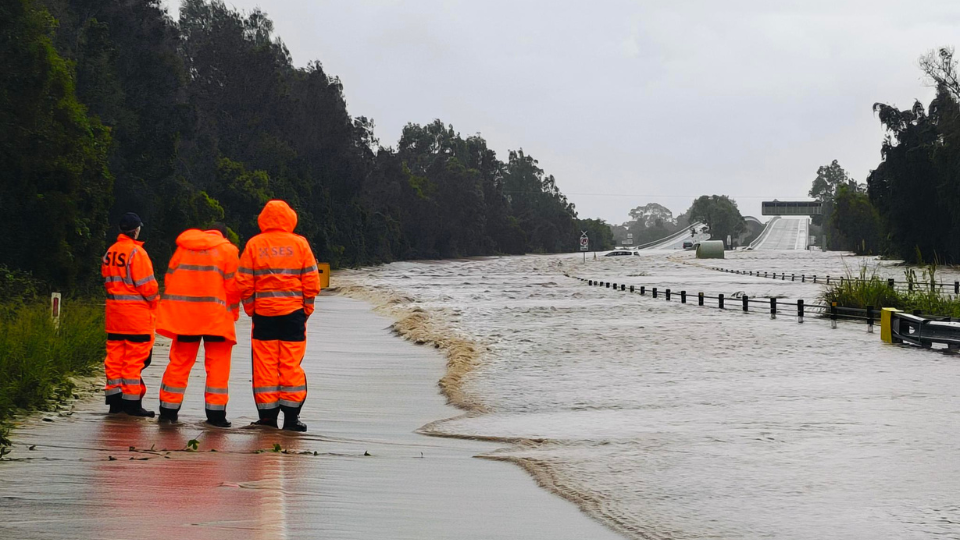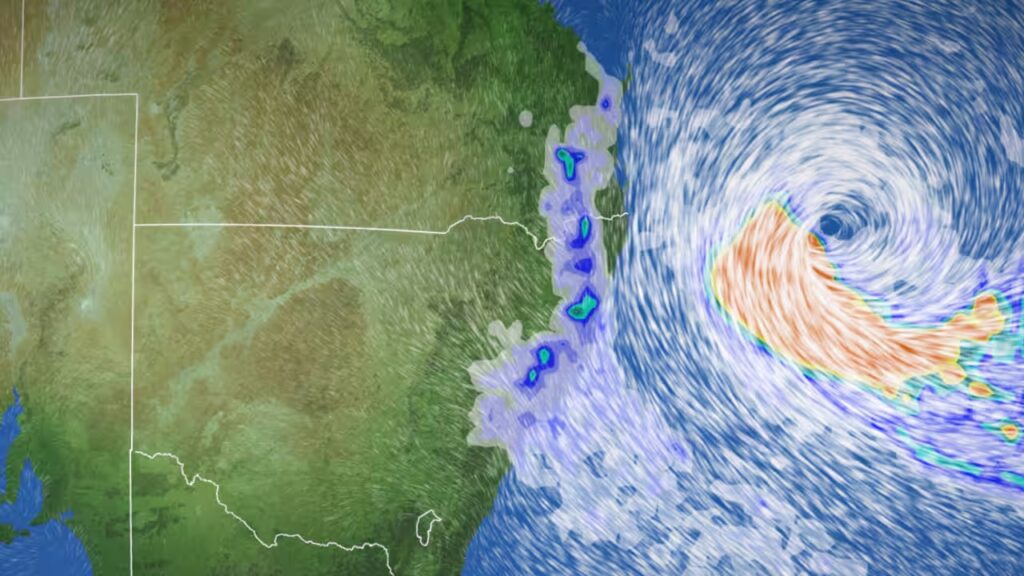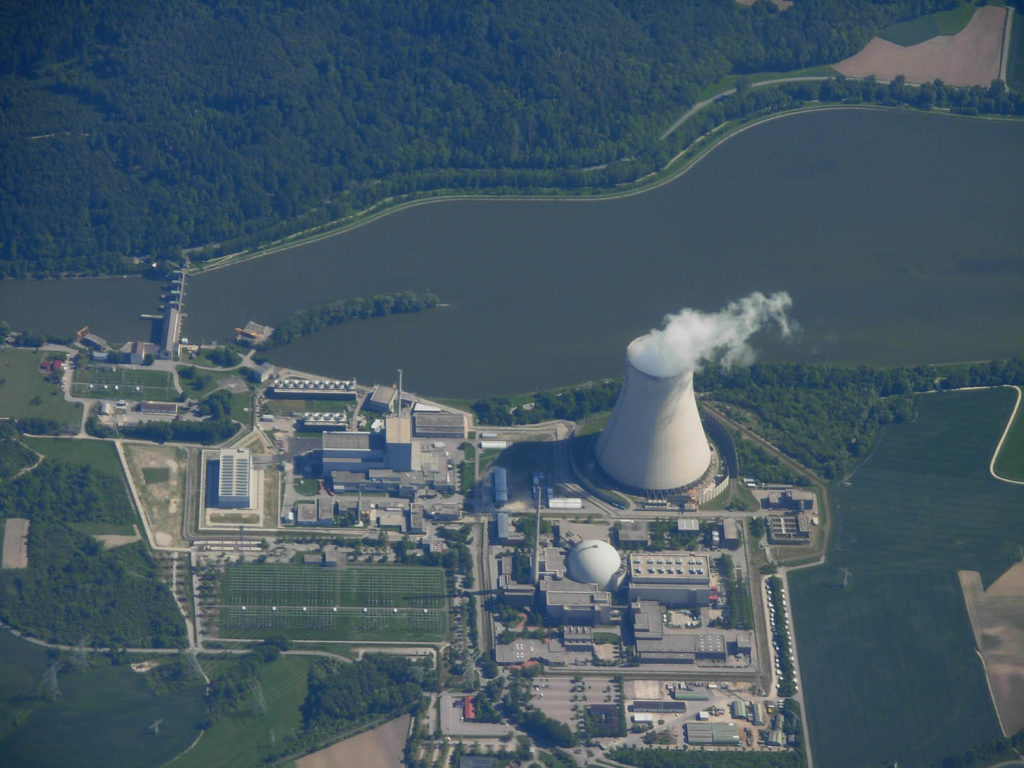The Climate Council welcomes the opportunity to make a submission to the House Select Committee on Nuclear Energy’s Inquiry into nuclear power generation in Australia.
The Australian Government should reject the notion that nuclear power is a genuine solution for Australia’s contemporary energy needs and maintain its focus on energy options that will cut climate pollution as quickly as possible, to avoid the worst impacts of climate change and unnatural disasters.
We received the announcement of the federal Liberal-National Coalition’s proposal for nuclear reactors, and the ensuing political debate that has provided the context for this Inquiry, with equal measures of disappointment and dismay. We welcome the contribution that this Inquiry can make to ensuring Australia maintains an evidenced-based, science-led approach to energy policy development, and note
that a substantial, conclusive body of evidence already exists to advise the Committee on nuclear energy.
Trusted, independent experts including the Australian Energy Market Operator (AEMO), energy regulators and the Climate Change Authority have been clear: nuclear is an unviable, uneconomic and inappropriate energy solution for Australia. As such, the Climate Council is concerned that nuclear energy is a distraction from the urgent tasks of slashing climate pollution and replacing rapidly retiring coal power.
We are concerned that proponents of nuclear energy are selling it to the Australian community as a ‘silver bullet’ for our energy needs, when it is more like a ‘dragging anchor’ that would delay progress on necessary action and investment.
As this Committee’s work will ultimately inform Australia’s future energy mix, it is crucial for the Committee to consider the speed and scale of climate action required in Australia, and to be led by what the science tells us is necessary right now to avoid the worst impacts of dangerous climate change.
The effects of climate change are already hitting Australians hard, and playing out across every corner of the country. Climate pollution, caused by the burning of coal, oil and gas, is fuelling unnatural disasters, including increasingly severe bushfires, floods, heatwaves and destructive storms. As a result, the overwhelming majority of Australians (84%) report having been directly affected by at least one
climate-fuelled disaster since 2019. Globally, limiting global average temperature rise well below 2°C is considered essential to avoid far more severe and irreversible changes to our climate. As one of the top 20 polluters globally and a very significant exporter of fossil fuels, Australia has a critical role to play.
What we do now matters, and the required action is clear: Australia must cut climate pollution and decarbonise our economy as quickly as possible to secure a safer future and avoid the worst impacts of climate change. To delay action is to fail in our project to arrest the climate crisis and protect more Australians. We must continue to cut climate pollution in areas where we already have the technology
and know-how, and there is no better example of this than the electricity sector.
Nuclear energy will take too long to contribute to the urgent project of slashing climate pollution in Australia in the coming decade. Australia’s ageing coal power stations are all on track to shut down well before nuclear energy could come online. It is clear that building nuclear reactors will take too long to meaningfully contribute to either our energy supply needs or necessary reductions to climate pollution. Nuclear is also the most expensive form of energy and, under the federal Coalition’s current proposal, would provide less than one-sixth of the electricity Australia needs by 2050. It is important to invest in our energy supply, but nuclear represents paying too much for too little, to come online too late.
Given that nuclear could not be ready in time to meet Australia’s energy needs this decade or the next, the Climate Council is concerned that the pursuit of nuclear energy would only increase reliance on polluting coal and gas, undermine policy and investment certainty in clean energy technologies, and ultimately increase climate pollution, unnecessarily exposing more Australians to climate harms.
Nuclear reactors would also unnecessarily expose Australians to risks of nuclear accidents, nuclear waste and water security issues, which are likely to be even harder to manage in world of more frequent and ferocious extreme weather events.
For these reasons, the Climate Council strongly recommends that Australia maintain its focus on building clean, safe, reliable and affordable renewable electricity, backed by storage and, in the immediate term, gas peaking.
We have previously outlined our recommendations to make the most of Australia’s renewable energy opportunity in our submission to the Energy and Electricity Sector Plan consultations, and in our Seize the Decade report, which maps a clear evidence-based pathway to slash Australia’s climate pollution by 75% this decade and get us on the right track for net zero by 2035. This submission focuses on the key reasons nuclear is not a viable solution to cut climate pollution or meet Australia’s energy supply needs.
Recommendations
Recommendation 1
Australia must invest in energy options that will cut climate pollution as quickly as possible to avoid the worst impacts of climate change and unnatural disasters. Clean, safe, reliable and affordable renewable technologies are the most viable solution to achieve this, and are readily available now.
At the same time all our coal fire generators are slated to close by 2038. Nuclear reactors will take too long to build to meaningfully contribute to urgently slashing climate pollution or ensure our urgent energy security needs, and the Australian Government should reject nuclear energy on this basis.
Recommendation 2
Any consideration of nuclear energy for Australia must take into account the significant climate pollution, cost and reliability impacts of delaying the closure of coal-fired power plants and increasing gas generation.
Recommendation 3
Any consideration of nuclear energy for Australia should take into account the impact of escalating climate risks, including more severe and frequent storms, bushfires and droughts, on proposed nuclear reactor and waste sites.
Recommendation 4
Australia should invest public resources in efforts to slash climate pollution now, rather than in high risk, high cost energy options like nuclear. By maintaining its focus on unlocking Australia’s huge renewables advantage, the Australian Government can maintain energy policy certainty for investors and
trading partners.











